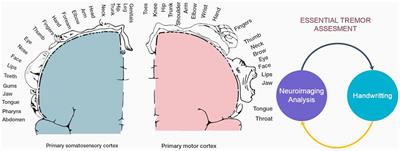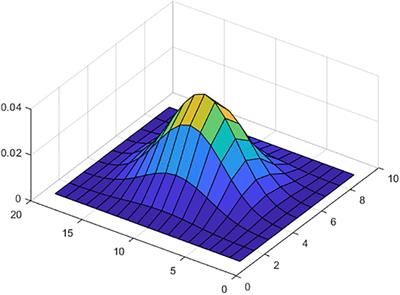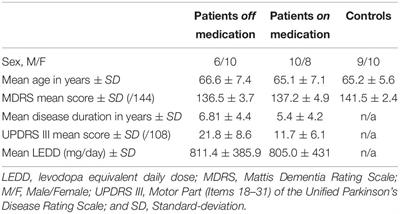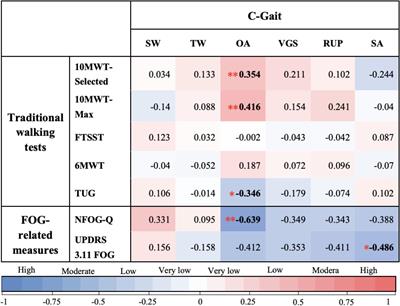EDITORIAL
Published on 17 Sep 2021
Editorial: Multimodal Tracking of Functional Data in Parkinson's Disease and Related Disorders–Speech and Language Neuromotor and Cognitive Assessment
doi 10.3389/fnhum.2021.750075
- 1,102 views
3,426
Total downloads
19k
Total views and downloads
Select the journal/section where you want your idea to be submitted:
EDITORIAL
Published on 17 Sep 2021
ORIGINAL RESEARCH
Published on 08 Jun 2021

ORIGINAL RESEARCH
Published on 03 Jun 2021

ORIGINAL RESEARCH
Published on 26 Apr 2021

ORIGINAL RESEARCH
Published on 22 Mar 2021


Frontiers in Psychology